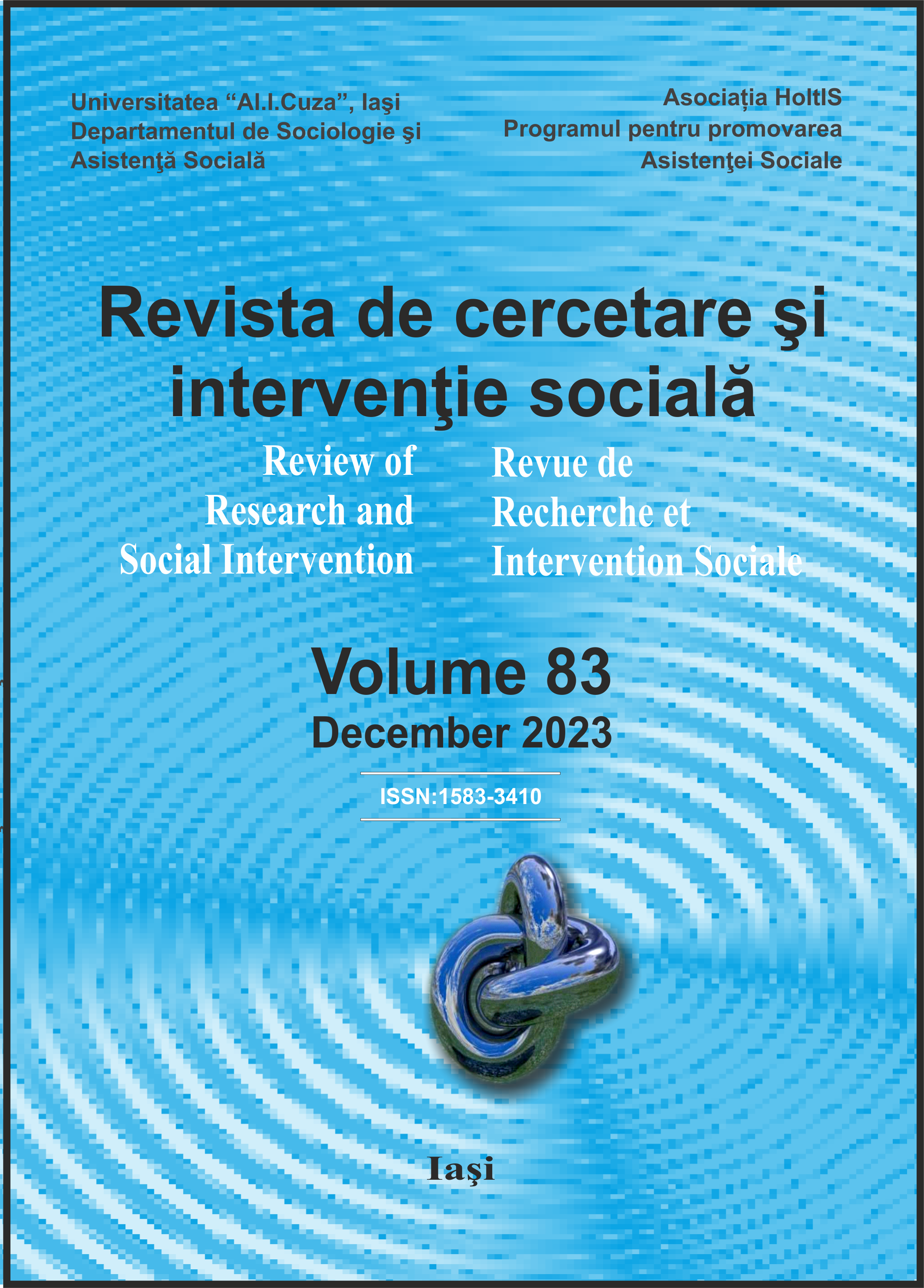A Case Study of the Consequences of Political Participation on Communities: North and South Cyprus Sample
A Case Study of the Consequences of Political Participation on Communities: North and South Cyprus Sample
Author(s): Tijen ZEYBEK, Ayşe Gözde KARAATMACASubject(s): Social Sciences, Sociology, Evaluation research, Crowd Psychology: Mass phenomena and political interactions, Nationalism Studies, Political Ecology, Identity of Collectives
Published by: Expert Projects Publishing
Keywords: Turkish Republic of Northern Cyprus; Cyprus peace negotiation; negotiation process; self-determination; international negotiations;
Summary/Abstract: As is known, the Cyprus Peace Negotiation have been continuing for more than fifty years. For more than forty years, people in Cyprus have been spending a conflict-free and peaceful life. In this study, the fifty-year process of Cyprus Peace Negotiation will be summarized and explained at large within the framework of public policy analysis, analysis phases, policy preparation/implementation methods and the role of institutions in the process. The voting of the 2004 Annan Plan between the Turkish Cypriots and the Greek Cypriots during this process and the effect of the voting outcome on the negotiation process will be discussed. With the opening of the border gates that provided controlled passage to northern and southern Cyprus shortly before the Annan Plan was put to a vote, the effects of the new conditions created by the collective and free contact of two populations on the negotiation process and the future apprehension of Turkish Cypriots will be analysed. Since the study involved theoretical approaches, indirect research method was adopted as a method and domestic and foreign sources were scanned within this framework. In parallel with this method, content analysis technique was used. According to the findings, such multilateral conflicts Generals and 22 UN Special Representative behind, there is the danger of the means to turn into a goal. This possibility should not be ignored and the content of the talks and the subject of negotiation in question must be preoccupied on. It is also cumbersome to maintain the peace and the human duty to endure this hardship. It is only possible to conclude the negotiations by agreeing on the acceptance and ingestion of these facts, and perhaps by agreeing on a number of boundary regulations and similar requirements. This means that all parties agree that the actual situation is the best solution.
Journal: Revista de Cercetare şi Intervenţie Socială
- Issue Year: 2023
- Issue No: 83
- Page Range: 138-157
- Page Count: 20
- Language: English

